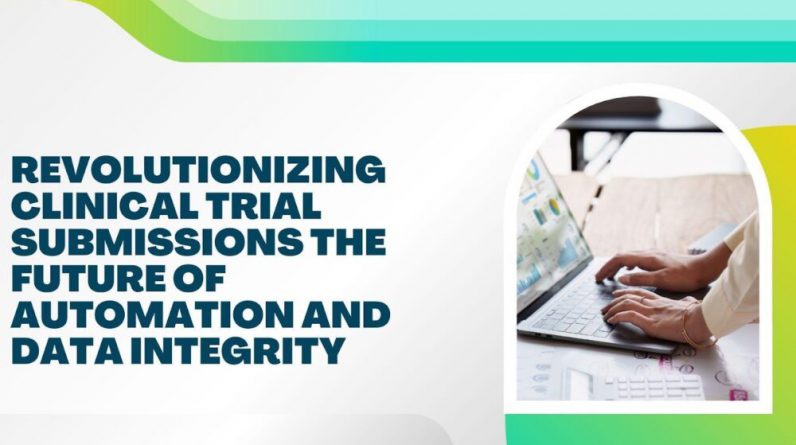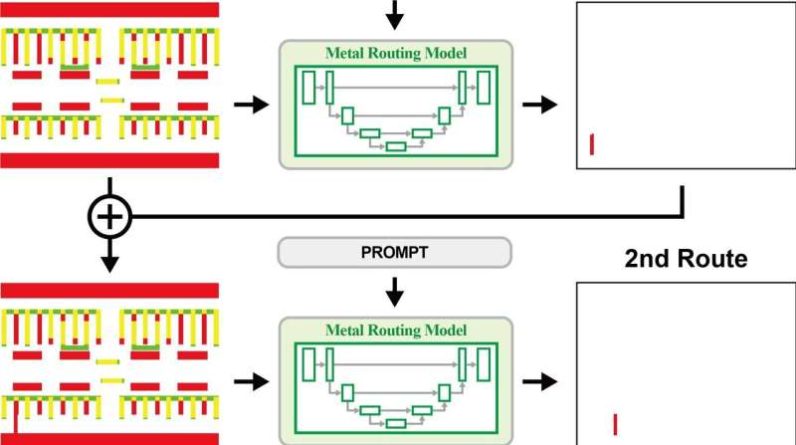
In this digital era, Vamsi Upputuri, a leading expert in regulatory automation, explores cutting-edge advancements in decentralized clinical trials (DCTs) and their impact on data integrity. His research highlights how automation is revolutionizing regulatory submissions, tackling key challenges in compliance, efficiency, and accuracy in modern clinical research.
The Shift Towards Automated Regulatory Submissions
Regulatory submissions serve as a critical step in drug development, ensuring clinical trial data meets rigorous standards. Traditionally, compiling regulatory documents such as Define.XML and Clinical Study Data Reviewer’s Guides has been a manual, time-consuming process prone to human error. Automation now plays a pivotal role in streamlining this workflow, reducing validation cycles, and enhancing data accuracy.
Through automated programming scripts and real-time validation tools, regulatory submissions have become more efficient. Systems like Pinnacle 21 are widely used to validate clinical trial data against industry standards, enabling seamless compliance. By integrating automation, the pharmaceutical industry is witnessing reduced submission timelines and a significant drop in data inconsistencies.
Overcoming Data Integrity Challenges in Decentralized Trials
Decentralized Clinical Trials (DCTs) are transforming clinical research by enabling data collection through digital platforms, wearables, and remote monitoring tools, enhancing accessibility and patient participation. However, ensuring data accuracy, consistency, and compliance remains challenging. Integrating diverse data sources, from mobile apps to telehealth tools, increases the risk of inconsistencies. To address this, real-time audit trails and automated monitoring systems are crucial for maintaining regulatory compliance and ensuring data integrity in remote trials.
AI and Blockchain: Transforming Compliance and Monitoring
To address these challenges, artificial intelligence (AI) and blockchain technologies are being leveraged to improve regulatory oversight. AI-driven monitoring systems analyze vast datasets in real time, identifying anomalies, flagging inconsistencies, and predicting potential compliance risks before they escalate. This proactive approach not only enhances accuracy but also minimizes the need for manual interventions.
Blockchain, on the other hand, ensures the security and immutability of clinical trial data. By providing an unalterable audit trail, blockchain technology enhances transparency and trust in regulatory submissions. It facilitates secure data sharing among stakeholders while maintaining compliance with global data privacy regulations.
The Role of Automated Query Resolution in Data Accuracy
One of the most time-consuming aspects of regulatory submissions is addressing discrepancies in trial data. Automated query resolution systems powered by machine learning are streamlining this process. These systems can detect errors, generate queries, and suggest corrections without human intervention, significantly reducing the burden on clinical research teams.
By automating query management, organizations can accelerate the submission process, improve overall data quality, and ensure compliance with regulatory requirements. This shift towards automated data verification reduces delays and enhances confidence in submitted trial results.
Traceability: Ensuring Data Reproducibility and Accountability
Traceability is crucial in clinical trials, especially in decentralized clinical trials (DCTs), where data is gathered from multiple remote sources. Regulatory agencies stress the importance of maintaining a clear data lineage, ensuring every transformation is documented and auditable. By implementing robust traceability mechanisms, researchers can track data from collection to submission. Electronic Data Capture (EDC) systems with built-in audit functions are increasingly adopted, enhancing transparency, ensuring compliance with Good Clinical Practice (GCP) guidelines, and meeting regulatory standards effectively.
The Future of Regulatory Submissions: AI-Driven Workflows
Looking ahead, AI and machine learning will revolutionize regulatory workflows in clinical trial submissions. Predictive analytics will help identify compliance risks, automate data cleaning, and streamline query management. Real-time compliance checks within clinical programming tools will reduce errors and speed up approvals. Additionally, cloud-based collaborative platforms will enhance communication between clinical programmers, statisticians, and regulatory teams, ensuring efficiency. These innovations will accelerate drug development while upholding the highest standards of data integrity.
In conclusion, clinical trial regulatory submissions are experiencing a transformative shift, powered by automation, AI, and blockchain technologies. These advancements are resolving persistent challenges in data integrity, compliance, and efficiency, streamlining the drug approval process. As decentralized, technology-driven trials grow, experts like Vamsi Upputuri are leading the way toward faster, more accurate, and secure regulatory submissions. The adoption of these innovations will play a crucial role in accelerating life-saving therapies, ensuring greater reliability and efficiency in patient care.





